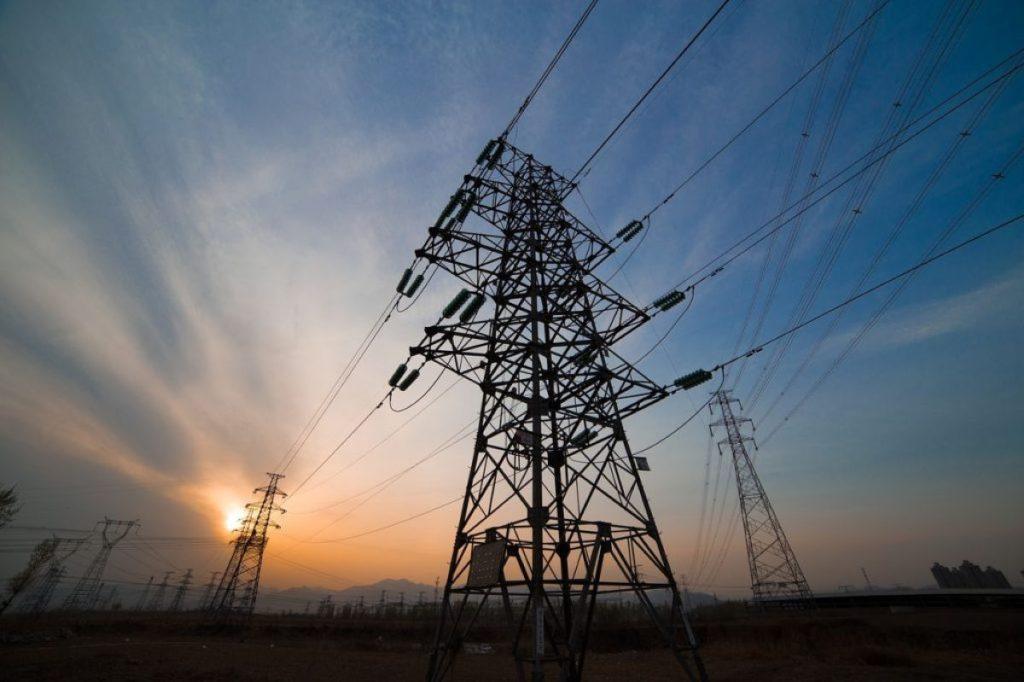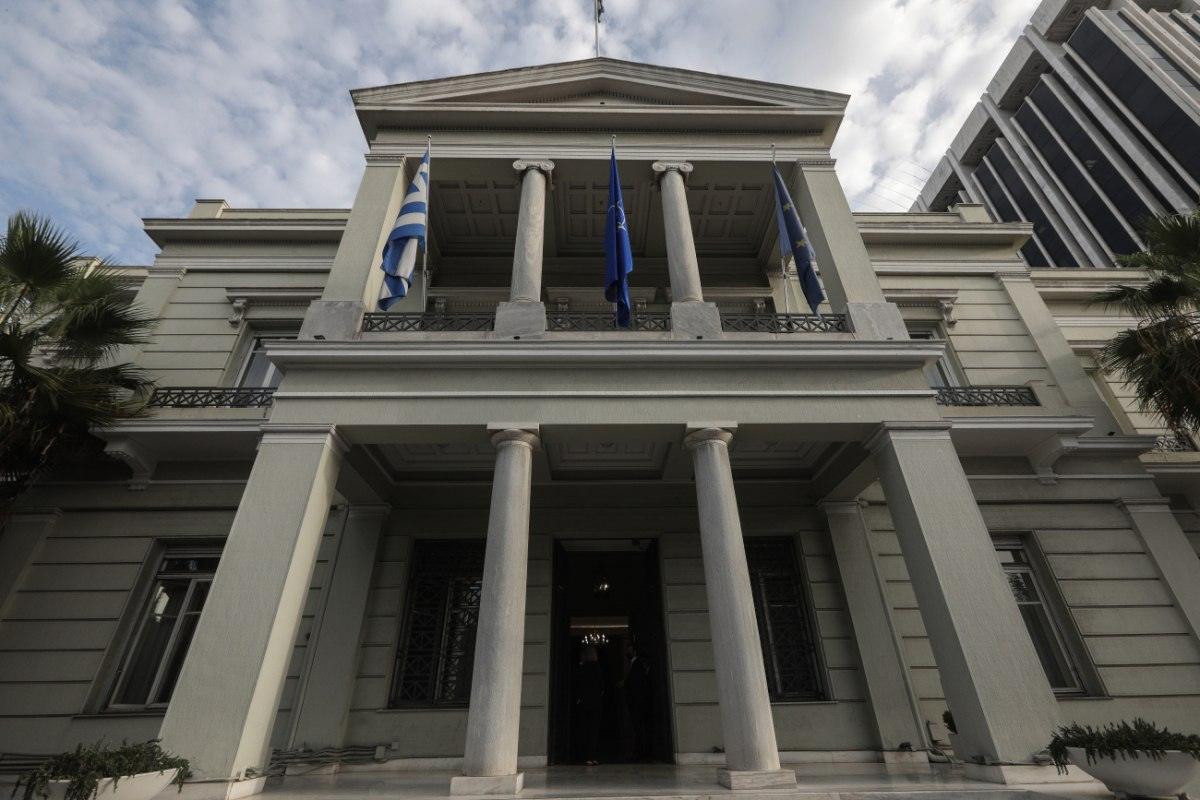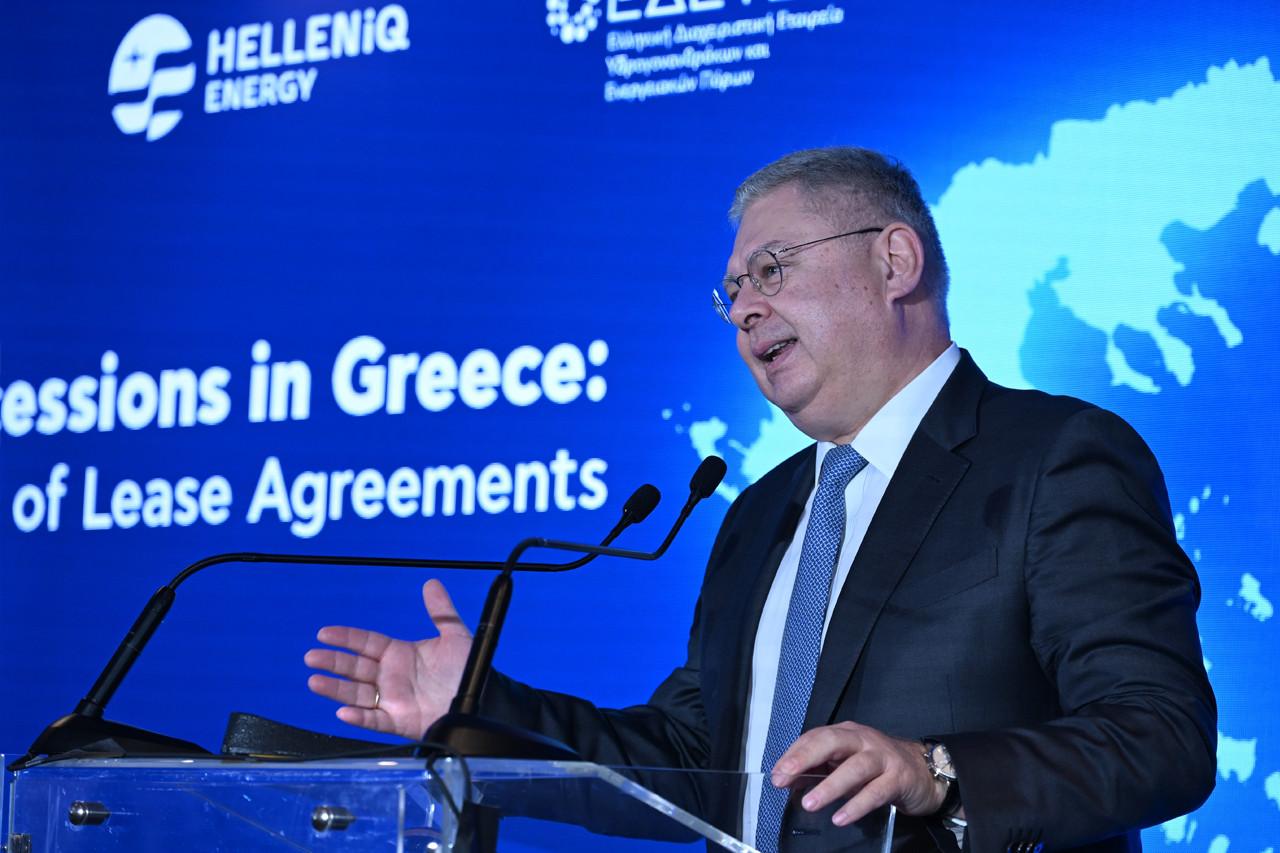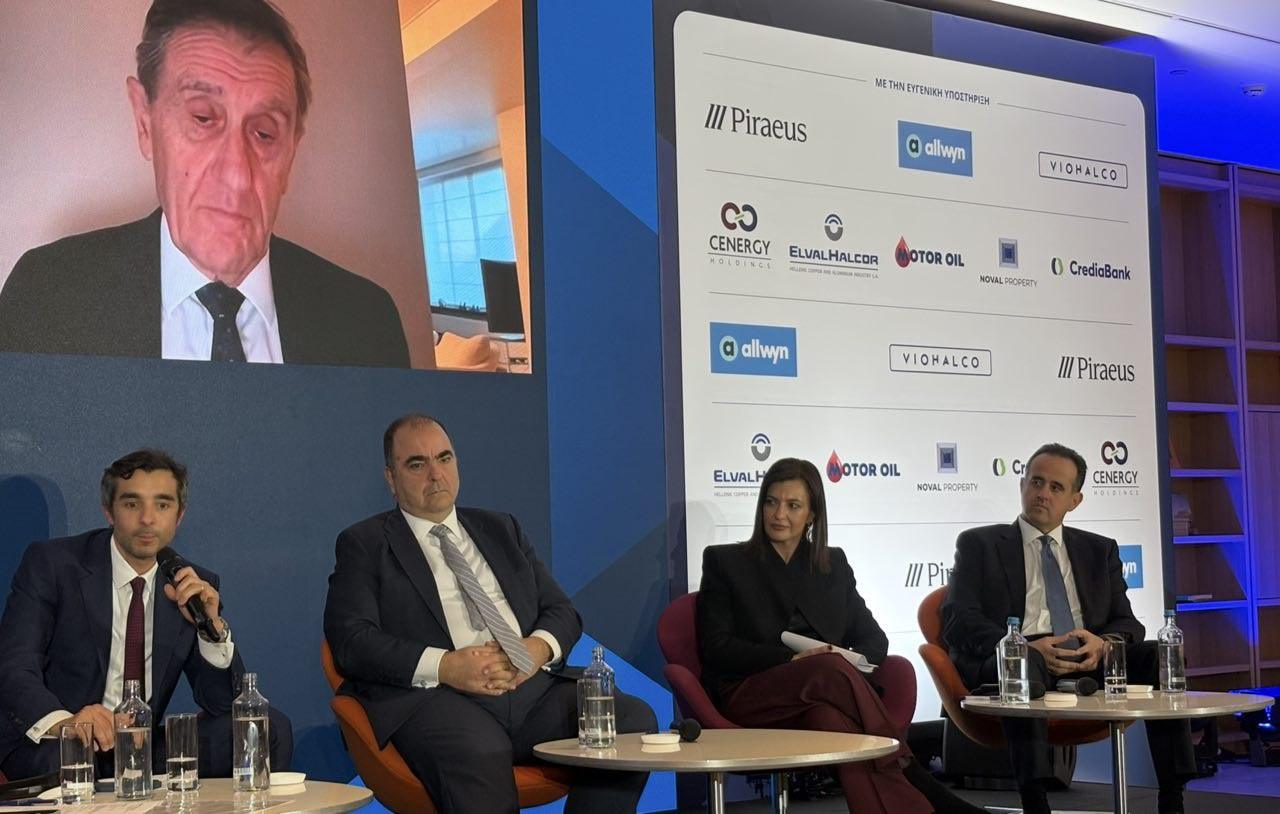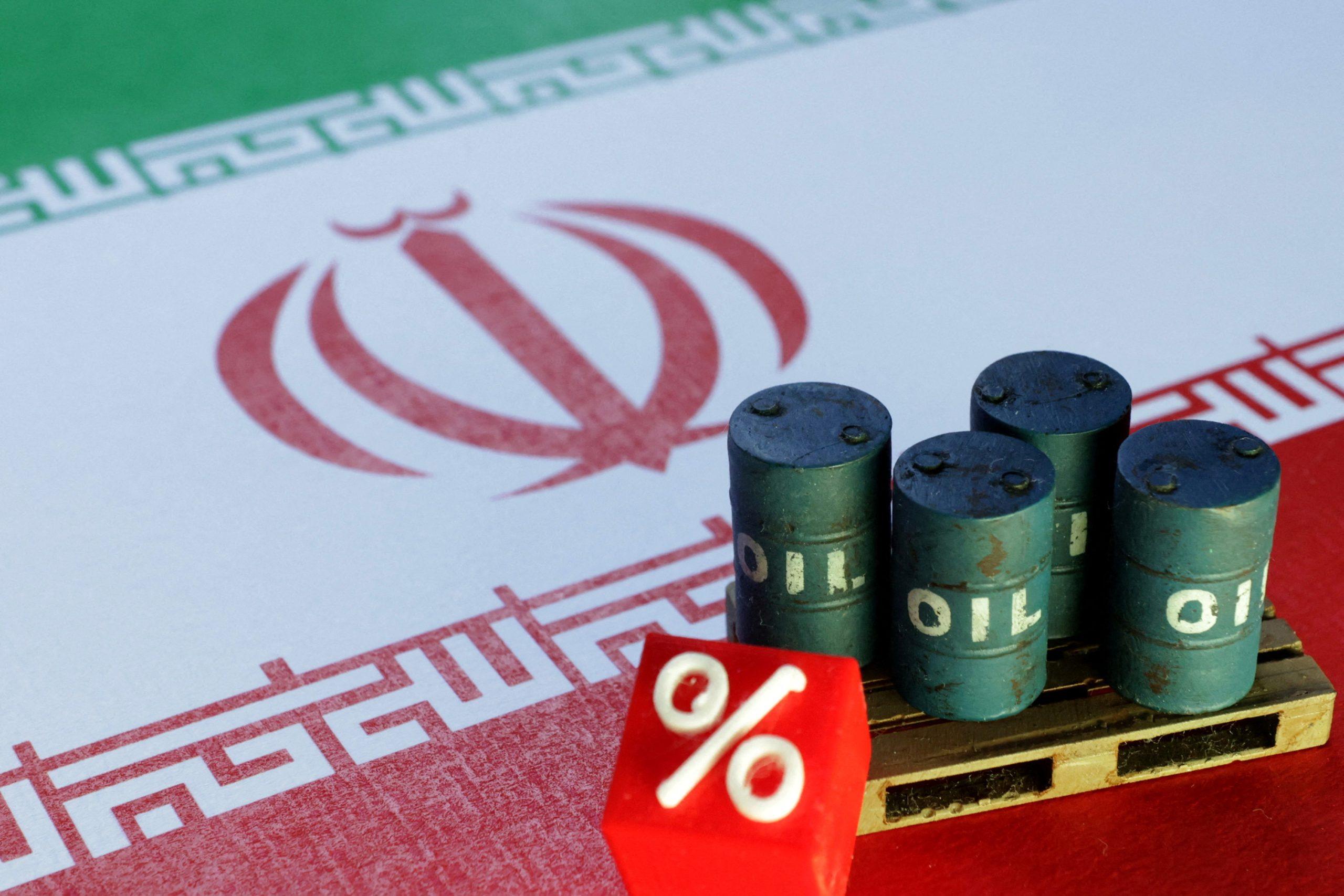Blackouts in modern electricity systems cannot be entirely ruled out. This stark reminder was delivered by Dimitrios Fourlaris, Vice President of Greece’s Regulatory Authority for Waste, Energy and Water (RAAEY), during a conference hosted by the Technical Chamber of Greece (TEE) under the title “Blackout in Spain – Is Greece Prepared?”
Supporting this view, Dimitris Michos, General Director of Operations, Infrastructure and Market at IPTO (Independent Power Transmission Operator), stressed that while such incidents are rare, they remain a possibility even in the most technologically advanced grids.
He pointed to past blackout events in Europe—specifically in Germany and France (2006), Croatia (2021), as well as in Montenegro and Albania—as evidence of the vulnerability of interconnected systems under the strain of multiple simultaneous failures.
Greece’s own electricity system is not immune. As Michos noted, it faces increasing stress from rapidly shifting climate conditions—droughts that deplete water reserves, heatwaves, floods, and wildfires. Added to these are new technical challenges that have emerged only in recent years.
These issues point to the complex and multi-layered nature of blackout risks. As Fourlaris emphasized, the danger is neither theoretical nor simple. A robust electricity generation infrastructure alone is not sufficient. What’s required is a holistic, coordinated framework for system operation, protection, and emergency response.
He cited the April 28 blackout in Spain as a case in point—not the result of a single technical fault but of a multifactorial crisis where interdependent causes combined to destabilize the entire system. The event, he argued, underscores the fact that grid security should never be taken for granted.
Fourlaris also discussed the broader European strategy known as the “target model”—a unified electricity market that relies heavily on interconnections between neighboring countries to ensure capacity and resilience.
In this context, he argued, Greece may be in a stronger position than Spain. While the Iberian Peninsula has only one major interconnection—linking it with France—Greece is connected with all of its neighboring countries, offering greater flexibility and reliability in times of stress.
Source: tovima.com
